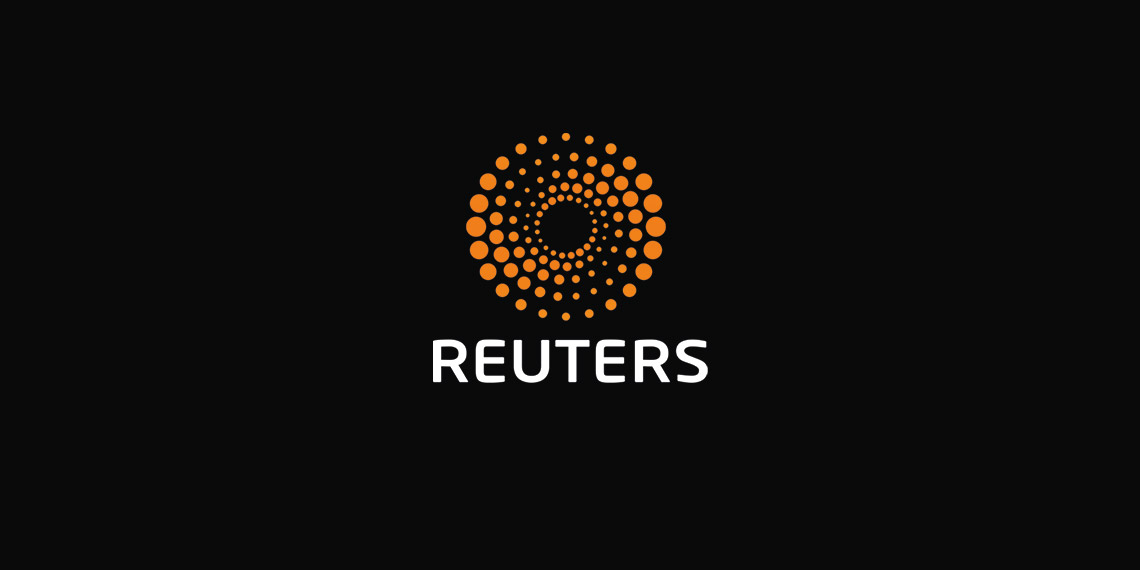IN BRIEF: DOL delays Trump-era H-1B wage rule for 18 months
The U.S. Department of Labor on Thursday delayed until November 2022 the effective date of a Trump administration rule significantly raising the minimum wages employers must pay to highly skilled H-1B visa holders.
DOL in the rule said that putting off the new wage rates for 18 months “will provide a sufficient amount of time to thoroughly consider the legal and policy issues raised in the rule, and offer the public … an opportunity to provide information on the sources and methods for determining prevailing wage levels.”
In April, two weeks after proposing the delay, the department called for public input on how it should calculate prevailing wages levels for H-1B workers.
DOL said it was considering whether it should continue to set the wage levels at the same point for all occupations and geographic areas, or choose different levels, and whether it should continue to set prevailing wages as a percentile of what comparable American workers earn. Comments are due by June 1.
The Trump administration had said raising the minimum wages owed to H-1B workers, who disproportionately work in the tech industry, would ensure that employers do not replace American workers with cheaper foreign labor.
Under regulations adopted in 2004, H-1B workers must be paid between the 17th and 67th percentile of what comparable American workers earn, depending on their education and experience. The Trump administration rule would raise those levels to between the 35th and 90th percentiles.
Our Standards: The Thomson Reuters Trust Principles.












 Bitcoin
Bitcoin  Ethereum
Ethereum  Tether
Tether  XRP
XRP  USDC
USDC  Solana
Solana  TRON
TRON  Dogecoin
Dogecoin  Lido Staked Ether
Lido Staked Ether